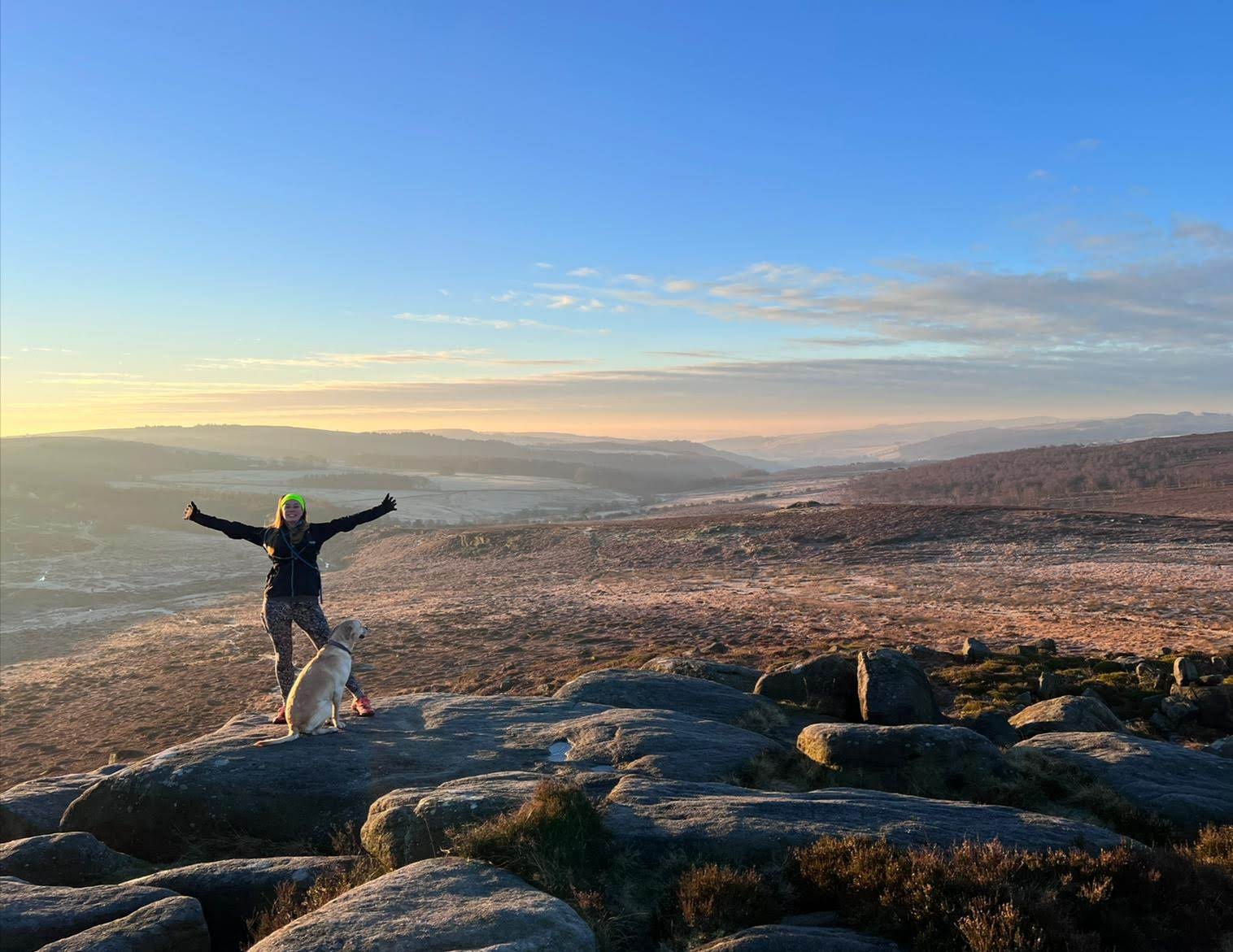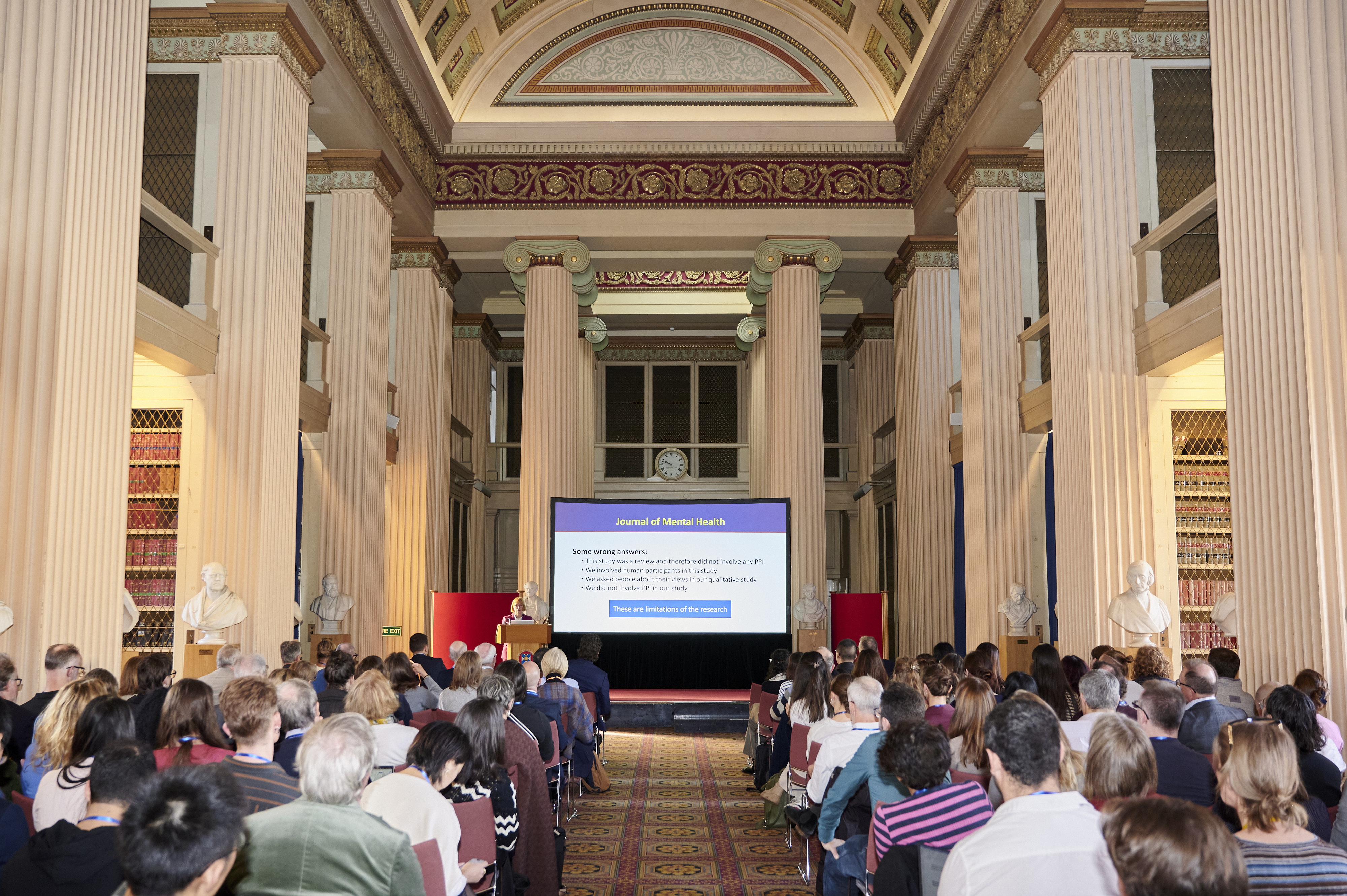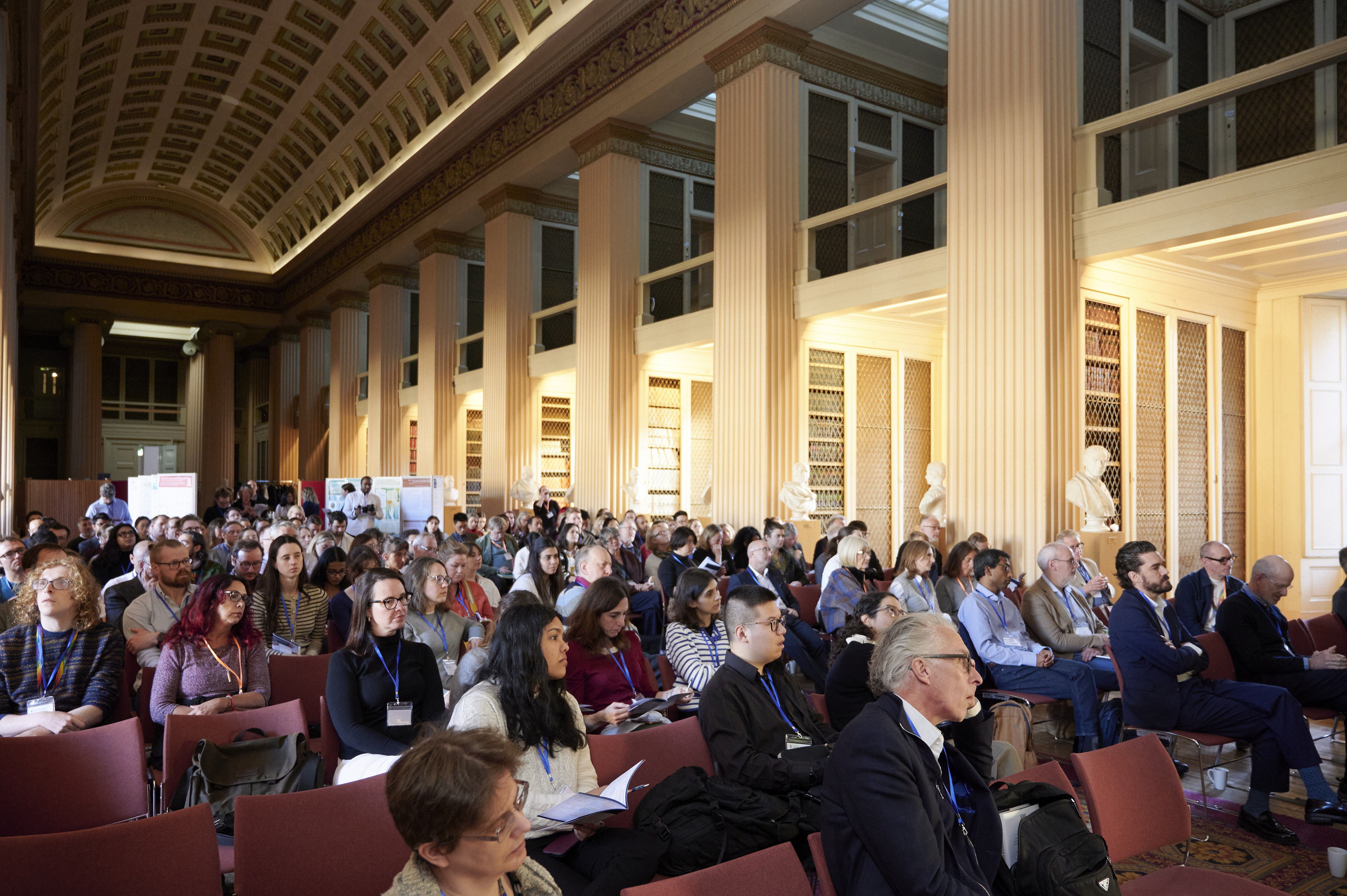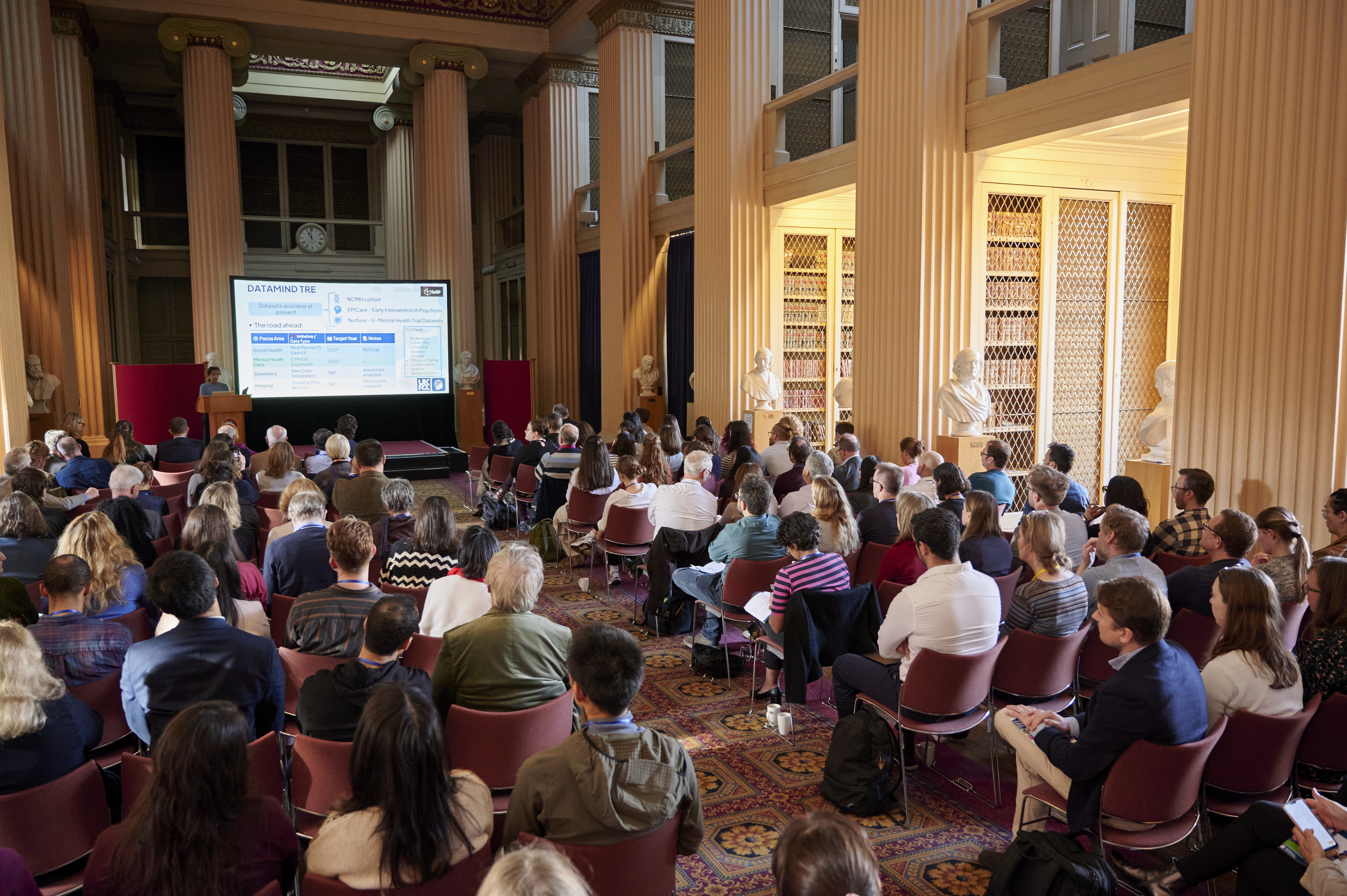Sally Ohlsen is a registered senior occupational therapist, specialising in early-intervention mental health services. She is now a research fellow at the MHP Complex Emotions Hub in Sheffield.
Understanding and improving care
As part of the MHP Complex Emotions Hub, I am privileged to contribute to an area of mental health research that is both profoundly important and deeply underexplored. The hub focuses on improving our understanding and care for individuals dealing with emotional challenges often associated with diagnoses like ‘Borderline Personality Disorder’ (BPD), ‘Emotionally Unstable Personality Disorder’ (EUPD), and ‘Complex Post-Traumatic Stress Disorder’ (cPTSD).
This is no small task. Despite BPD being diagnosed more often than bipolar disorder—and the completed suicide rate for BPD being more than six times higher—this area remains significantly under-researched compared to other serious mental health conditions. In addition, the labels tied to these conditions often carry stigma, leading to poor understanding, inadequate support, and insufficient care.
More about me
I have been working in mental health research for over eight years on a wide variety of projects, alongside lecturing in Occupational Therapy.
In my clinical career, I witnessed the stigma and its consequences first-hand. Many people I worked with fell between gaps in service provision and lacked access to tailored, personalised treatments.
Now, being part of a research team that includes both academic experts and those with lived experience, I feel a genuine sense of hope that we can make meaningful progress in understanding these challenges and improving outcomes for individuals affected by them.
Outside of work, I find joy in the outdoors. Living near the Peak District, I’m fortunate to have access to beautiful landscapes for walking, running, and even the occasional cold-water swim! Being active in nature helps me recharge and reflect, keeping me grounded as I navigate the challenges of research.

The power of collaboration
I’m proud of the Complex Emotions Hub’s approach to collaboration. We’re bringing together:
- Researchers from diverse backgrounds
- Clinicians who work across the mental health field
- Individuals and peer researchers with lived experience
This diversity is crucial, as it fosters creativity and enables us to explore innovative data collection methods, such as digital and creative tools.
The team has co-produced a “ways of working” charter that all researchers have signed, ensuring respectful and transparent communication. Similarly, our Lived Experience Advisory Panel has created its own charter. These efforts reflect a shared commitment to building trust and embracing diverse perspectives, even when it means challenging our own assumptions.
Collaboration isn’t always easy—criticism and differing opinions can be tough to navigate. I really believe that it’s through these processes that the best research emerges. When every voice is heard and valued, the results are richer and more impactful.
Commitment to people with lived experience
In the Complex Emotions Hub, we work hard to embed a co- production approach, which means the active collaboration between researchers and people with lived experience in all stages of the research process.
For researchers aiming to adopt a co-production approach, my advice is simple: take your time. Co-production isn’t a quick or easy process—it requires careful planning, meaningful engagement, and ongoing effort to create an environment where everyone feels valued.
While we’re still learning and improving, I believe that listening and taking the time to build strong relationships will ultimately lead to better outcomes.
One resource I’ve found invaluable during this journey is McPin, an organisation dedicated to advancing mental health research with a strong focus on lived experience. Their guidance has been instrumental in shaping our approach to collaboration.

Looking Ahead
One of the most exciting aspects of this project is its potential implications. By using different research methods and including people with a range of conditions instead of just one, we aim to go beyond the confines of a single diagnosis, such as BPD. There is growing evidence that the challenges associated with complex emotions are not exclusive to one diagnostic label; many people receive multiple diagnoses over their treatment journeys. This broader perspective will help us better understand the complexities of emotional challenges and their impact on individuals’ lives.
This project represents an opportunity to shine a light on an area of mental health that has been overshadowed for far too long. By embracing collaboration, pushing methodological boundaries, and centering lived experience, I hope we can make a meaningful difference in understanding and improving care for complex emotions.
Read more of our blogs
News, blogs and events
MHP Research Summit Hot Topic: Collaboration

MHP Research Summit Hot Topic: PPIE


